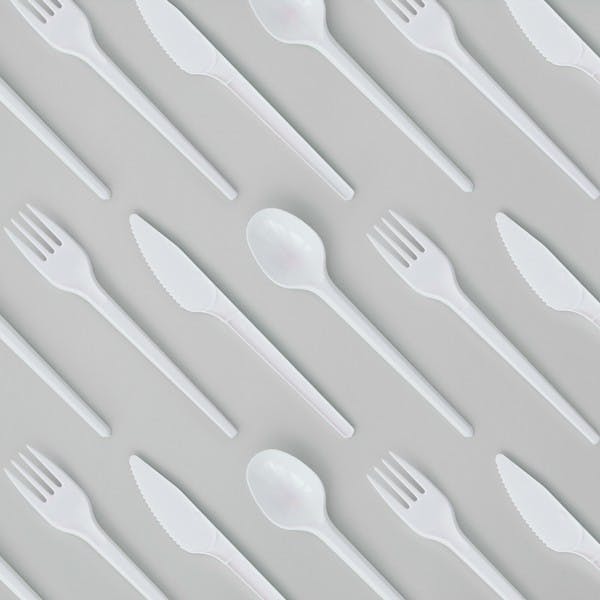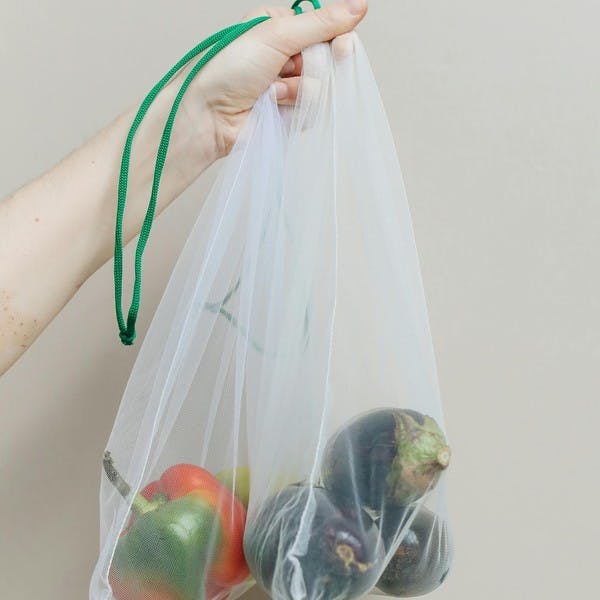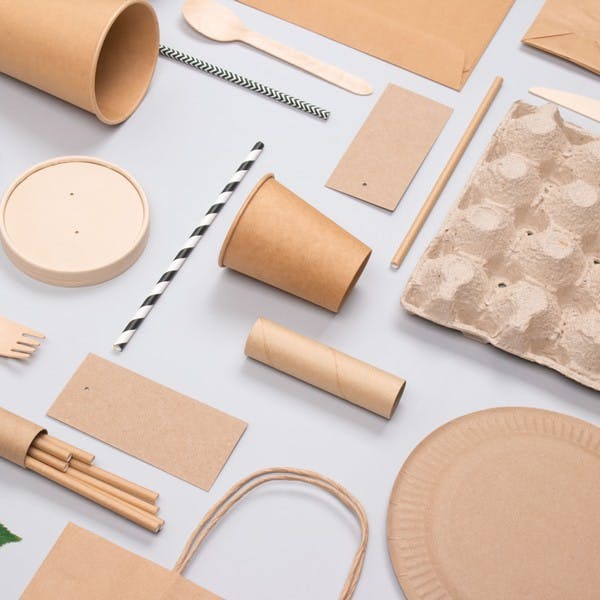Everything you need to know about single-use plastic bans
Certain kinds of single-use plastic products are banned across Australia (Tasmania is the only state that hasn't committed to a ban). Lightweight plastic bags are banned in every state and territory, including Tasmania. Bans on other kinds of single-use plastics and timelines for phasing them out depend on which part of Australia you live in.
*The nation-wide ban on lightweight plastic bags does not apply to bags used as barriers (produce and deli bags, bin liners, human or animal waste bags, and bags used to contain items for medical purposes).
What are the bans?
Single-use plastics refer to any plastic product that is designed to be used once and then thrown away. Common single-use plastic items include plastics bags, cutlery, straws, plastic and polystyrene takeaway containers, and coffee cups. While single-use plastics are convenient, they use up huge amounts of resources like water and oil to produce, only to be used once and then throw away. This is not only a terrible misuse of our precious and finite resources, but the products also create massive amounts of waste, litter, and pollution.
Bans on single-use plastics in Australia
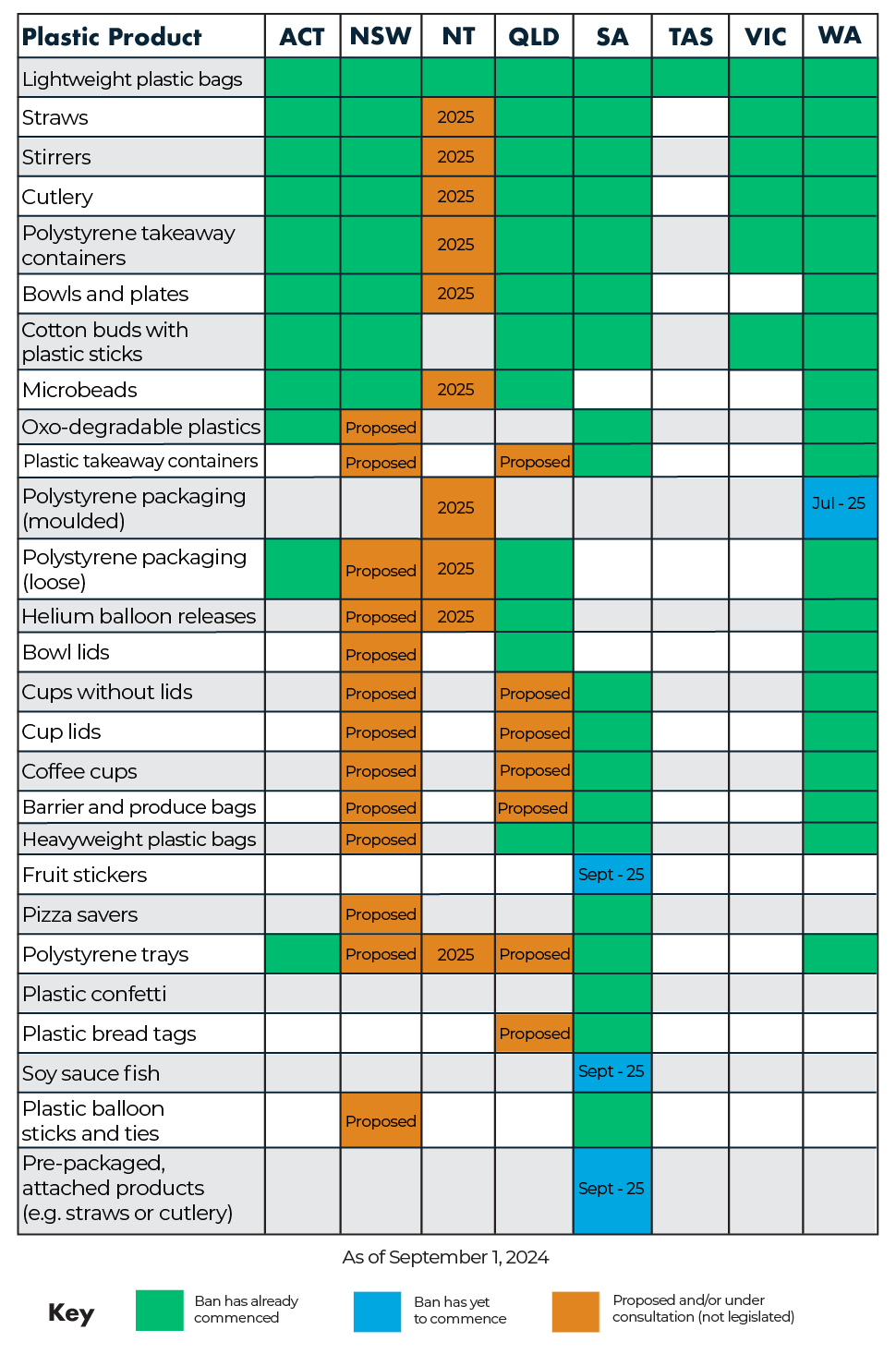
Note: There is a single-use plastics ban in place in the City of Hobart, Tasmania.
Click on your state or territory to visit your state government's website for details about prohibited items, timelines, and suggestions for alternatives.
Alternatives for households
If you live in an area with a ban in place, here are some helpful tips on environmentally responsible alternatives for the general public. Remember, reusable options should always be your first choice. Reducing your use of single-use and disposable products, whether they are made from plastic or another type of material, is always the best option!
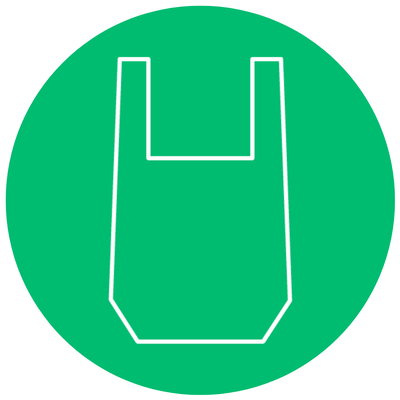
Use reusable bags, like totes, for as long as possible. A UK study found cotton bags should be used at least 131 times to ensure they have a lower global warming potential than conventional plastic bags that are not reused.
Use heavy-duty plastic and green bags (woven polypropylene) as many times as possible. Some councils may have specialised recycling services for these bags once they have reached their end of life. Check directly with your council.
Paper bags are also an option for lighter items. Ideally, these bags should be reused before recycling. However, if the bag has been contaminated with food or grease, it should not be put in the recycling bin.

If you love using straws, consider carrying a reusable straw when you go out. There are lots of products available that come with a handy carrier pouch and straw cleaner.
Bamboo and paper straws cannot be recycled. Single-use straws are still available to people who rely on them due to disability or medical needs.

Plastic plates and cutlery are no longer available for purchase in supermarkets in some areas of Australia, so if you're keen on picnics, consider purchasing a portable reusable cutlery set.
If you're buying disposable cutlery made from bamboo or wood, you may be able to compost it after use (compostable plastics are also banned in many areas). If your council has supplied you with a FOGO (Food Organics, Garden Organics) bin, make sure the products are accepted and certified compostable. If you have a compost at home, always check that the products are certified home compostable to the Australian standard.

Reusable silicone buds or swabs that come in a travel case are available. These items cannot be recycled, so they should be reused as many times as possible, ideally for years. In the absence of a life cycle assessment that compares the environmental impact of reusable silicone buds to disposable buds, it's unclear which is the better option.
Bamboo stick cotton buds are available, but they cannot be recycled, so it's best to avoid them altogether if possible. If you have a compost system at home, make sure these products are certified home compostable. Beware misleading terms like 'biodegradable', which have no industry standards or certifications.

Drinking your coffee at home or in the cafe from crockery is the best way to reduce waste. There are also many types of reusable coffee cups available, some of which are even m
